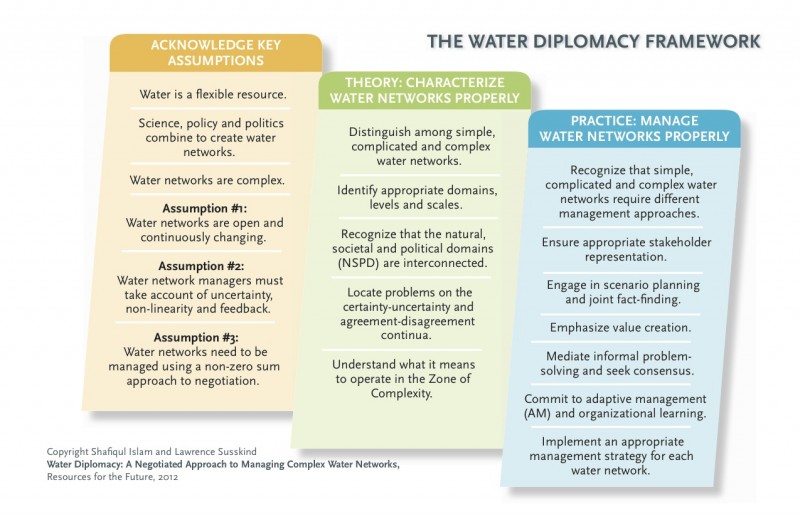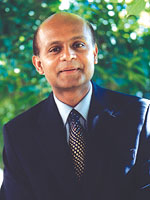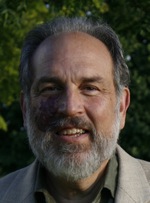The Water Diplomacy Workshop is a five-day joint-learning experience that helps participants master important network-management tools and teach these tools to others. It combines the science of water with the negotiation instruction methodologies developed by the Program on Negotiation at Harvard Law School. Interactive lectures, problem-solving clinics, and role-play simulations help participants learn the techniques and strategies presented in the Water Diplomacy Workbook. They leave equipped to teach others in their agencies, organizations, universities, or communities.
Workshop Info
Water problems are complex because they cross physical, disciplinary, and jurisdictional boundaries. Water is a vital and limited resource—but fortunately, knowledge about water is not limited. Water professionals trained to synthesize scientific, societal, and political knowledge into practical solutions to water disputes can effectively transform water from a fixed to a flexible resource.
Traditional engineering and economic tools are insufficient to resolve conflicting water claims. Joint fact-finding and collaborative problem-solving tools must be added to each manager’s and decision-maker’s toolbox. Instead of thinking in terms of stable and bounded systems that fluctuate in predictable ways, water professionals must think of constantly changing and open-ended water networks.
What is unique about the Water Diplomacy Workshop?
-
Participants learn how to train others. The Workshop’s leaders are problem-solving practitioners with many decades of teaching, research, training, and field-based experience. We will show you how to present what you learn at the Workshop to groups, communities, and organizations back home. Spreading this actionable knowledge and helping as many people as possible, rather than reserving what we know only for those who can come to a one week workshop, is essential to addressing the world’s water problems.
- Participants become part of a global network. We aim to link reflective water professionals around the world. Attendees can use our private online forum to help each other implement what they’ve learned about water diplomacy.
- Our focus is on managing the science, policy, and politics of water networks through negotiations. Addressing water conflicts means managing complex networks. Focusing on just infrastructure investment, or just science or just public perceptions won’t work. Water networks are open-ended, and constantly changing. If water disputes are not properly framed, and don’t take account of the natural, societal, and political dynamics involved, it will be impossible to generate solutions that are implementable and enforceable. To that end, the Workshop emphasizes negotiation as a critical diplomatic skill.
- We are building on an extensive research record and real world experience. We teach a purposefully organized problem-solving approach backed by decades of theory-building and research in water science and negotiation. Professor Lawrence Susskind is one of the co-founders of the Program on Negotiation at Harvard Law School, arguably the foremost center for the study of negotiation theory and practice in the world. Professor Shafik Islam is the director of Tufts University’s new interdisciplinary doctoral program on Water Diplomacy, the only one of its kind. He also founded Aquapedia, which is a free online encyclopedia of timely and accurate information about water. It is carefully vetted, searchable, and built on a robust framework of water networks. No other professional training program in water diplomacy builds on this level of research in both negotiation and water science.





